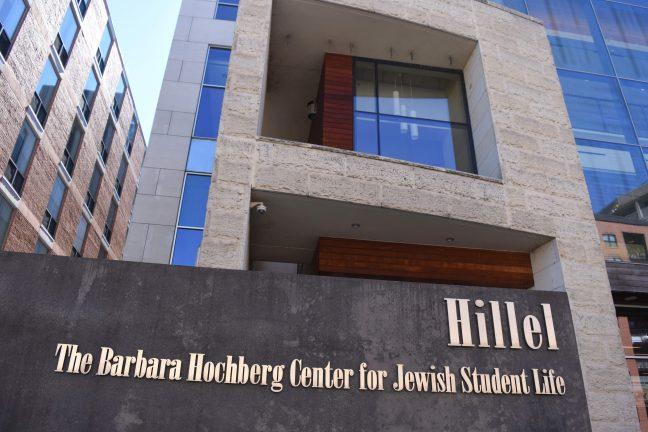Editor’s note: The featured photograph of this article has been changed to better reflect The Badger Herald’s newsroom policy.
All around the world, Jewish communities are celebrating Rosh Hashanah — the new year in Judaism. The holiday began on the night of Oct. 2 and will conclude Oct. 4 at sundown.
As the Jewish community on campus celebrates the new year, the University of Wisconsin Hillel, the center for Jewish life on campus, has been offering both Reform and Conservative services, as well as free lunches and dinners for students, according to the UW Hillel website.
Friday, the last day of Rosh Hashanah, UW Hillel will host a Conservative morning service followed by Reform and Conservative Shabbat services at 6 p.m. and a 7 p.m. dinner, according to the UW Hillel website.
Junior at UW and Hillel board member Ari Rosenblatt shared insights into Rosh Hashanah’s significance and how the campus community is observing it.
According to Rosenblatt, some of the holiday’s traditions include eating apples with honey to symbolize a sweet new year and having a round Challah bread, as opposed to the more elongated one typically eaten on the Sabbath.
“The idea of Rosh Hashanah is that you think about what the past year has been and what you’re looking forward to,” Rosenblatt said.
This reflective period continues through Yom Kippur, the Jewish Day of Atonement, which occurs 10 days after Rosh Hashanah, together referred to as the High Holidays.
Reflecting on this past year, Rosenblatt said it has been challenging for many in the Jewish community.
“This is the first year since the anniversary of what happened on October 7,” Rosenblatt said, referring to Hamas’ deadly assault on Israeli civilians Oct. 7, 2023. “That has created a very challenging year for the Jewish community and the rise of anti-Semitism.”
Despite these challenges, Rosenblatt said that Rosh Hashanah represents a time of growth.
For non-Jewish students interested in learning more about Rosh Hashanah, Rosenblatt suggested attending the services to experience the traditions, such as the blowing of the shofar — a ram’s horn.
Rosenblatt also highlighted Rosh Hashanah’s Tashlich ritual, where people cast away their sins by throwing breadcrumbs into a body of water.
“There’s a lot of really cool introspection and reflection that happens on this holiday,” Rosenblatt said. “So if you’re not too religious, there’s a lot of really great ways to really reflect and think about how you live your life.”



